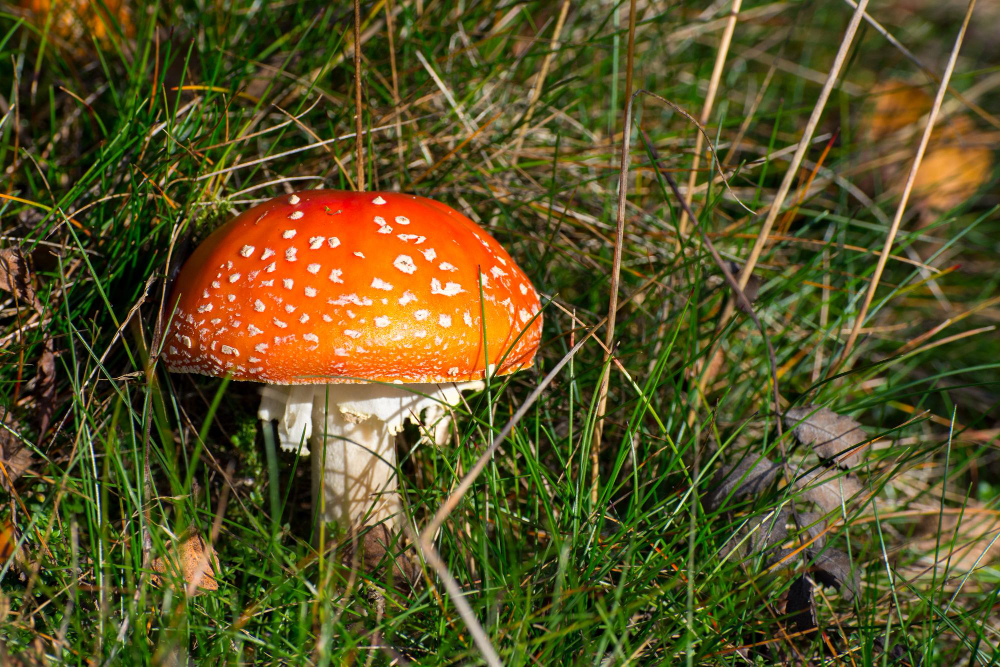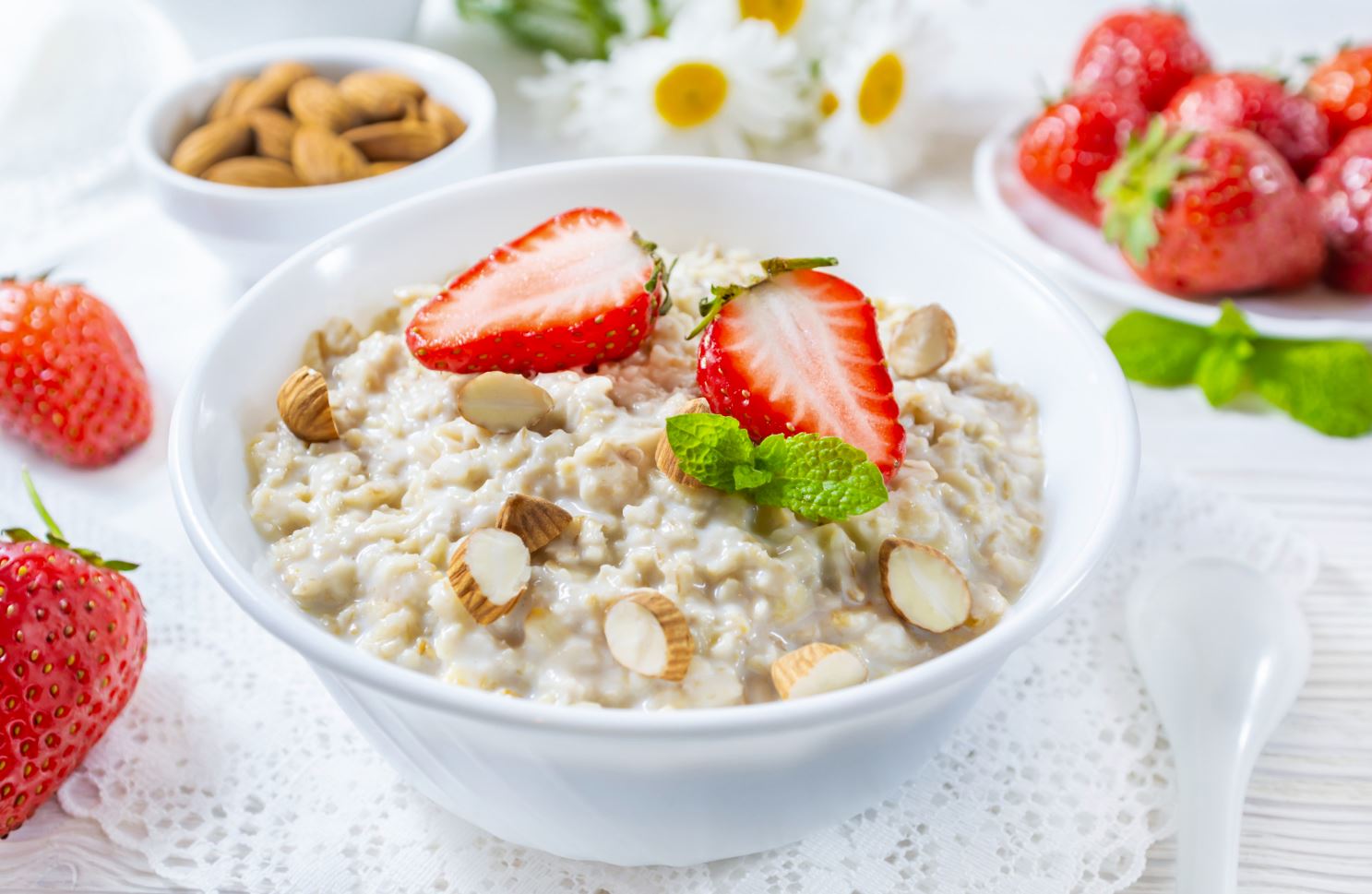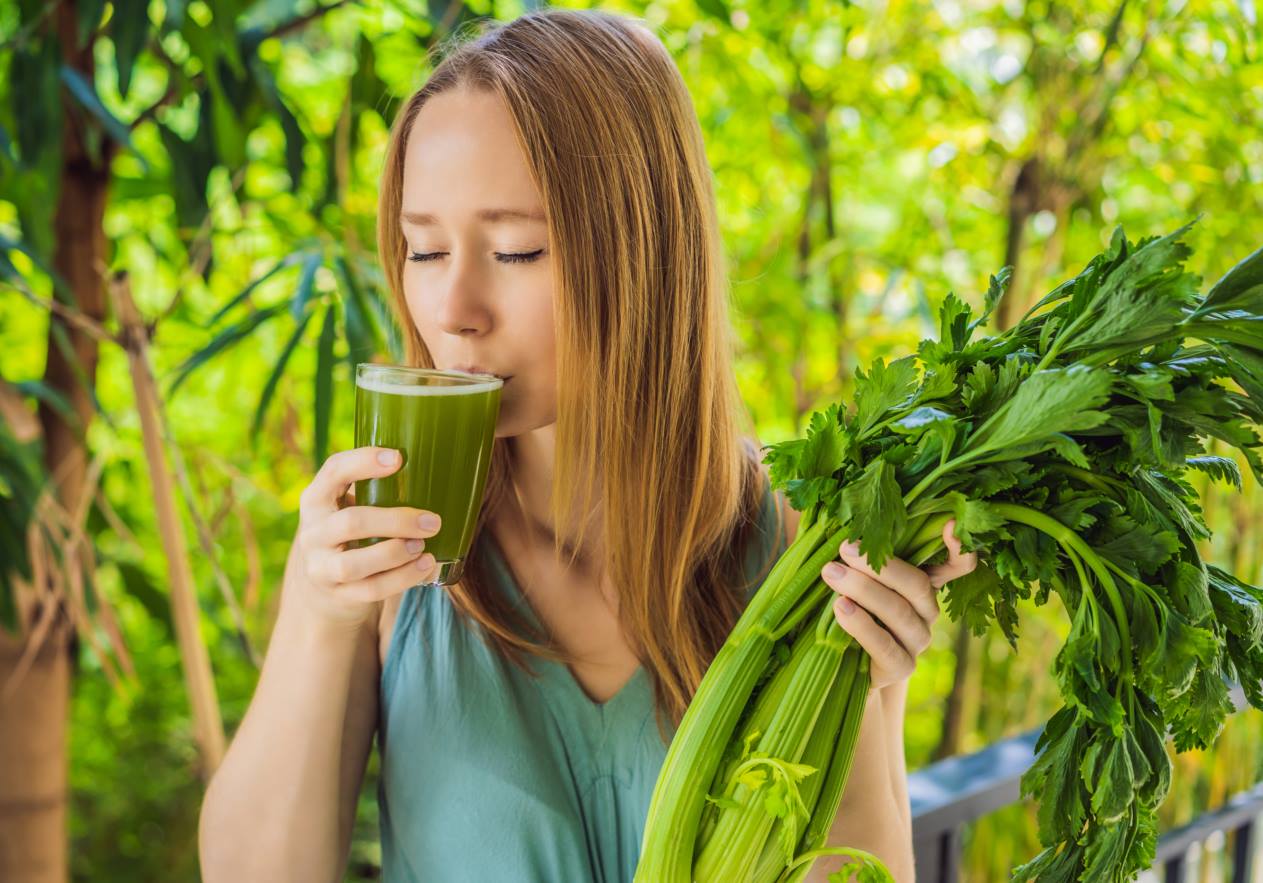Bedtime Snacks To Help You Sleep: Sleep Tight With These Bedtime Foods
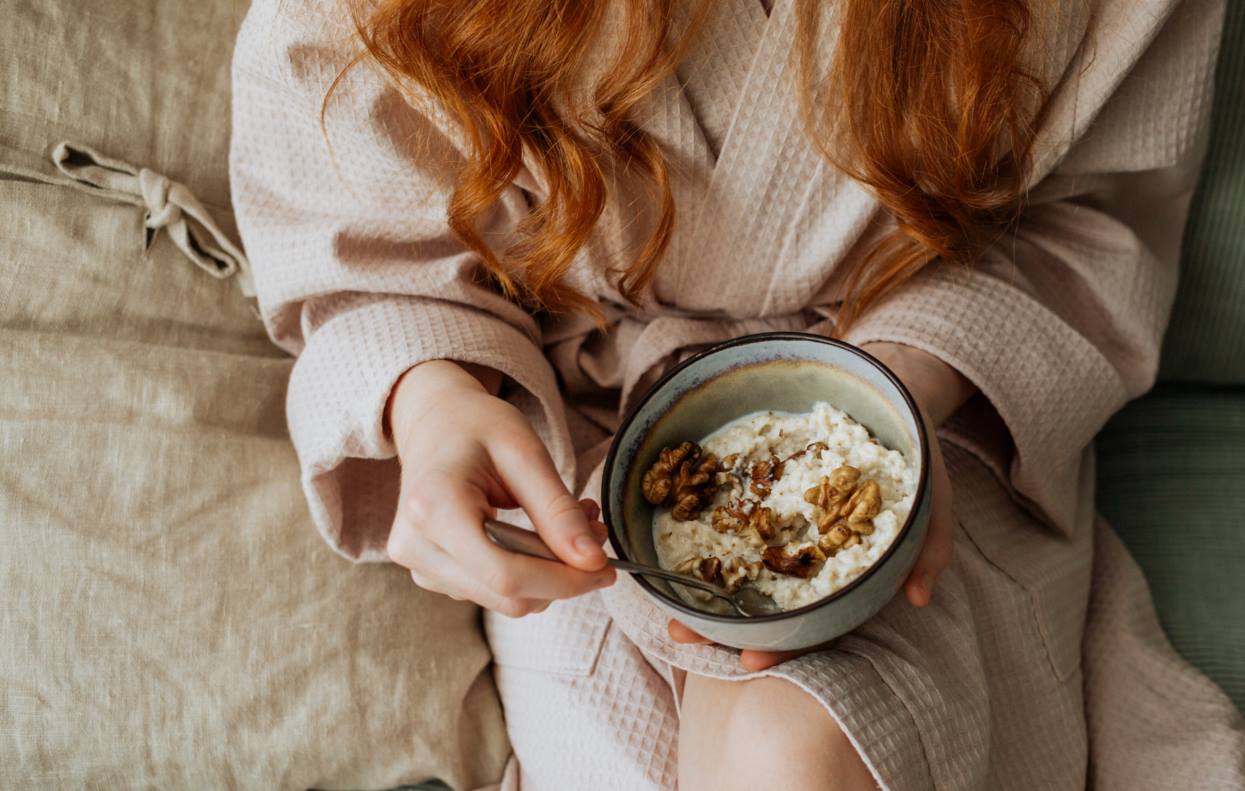
Good health comes from the interplay of various factors, such as sleep, diet, physical activity, and stress. Therefore, your food choices before bed have an unsurprisingly significant effect on your nighttime rest.
Everything you consume throughout the day plays a role in the quality of your sleep, but the snacks you take at night can send you directly to dreamland or leave you tossing and turning in bed for hours. The difference between well-rested and sleep-deprived mornings often lies in the foods you eat in the late evening.
What Snacks Help You Go To Sleep?
Generally, it is wise to avoid eating snacks too close to bedtime. Rebecca Robbins, a sleep scientist and co-author of Sleep for Success!, advises you to finish your latest snack at least one hour before dozing off. When you get those common nighttime cravings, it is important to choose light and nutritious foods that promote good sleep. Below, we have listed the best bedtime snacks for when hunger strikes at night.
1. Whole Grain Toast With Peanut Butter
A tablespoon of peanut butter on whole-grain toast is a simple and healthy bedtime snack that is rich in magnesium and can keep you full during the night. This snack will satisfy your tastebuds without increasing your blood sugar levels.
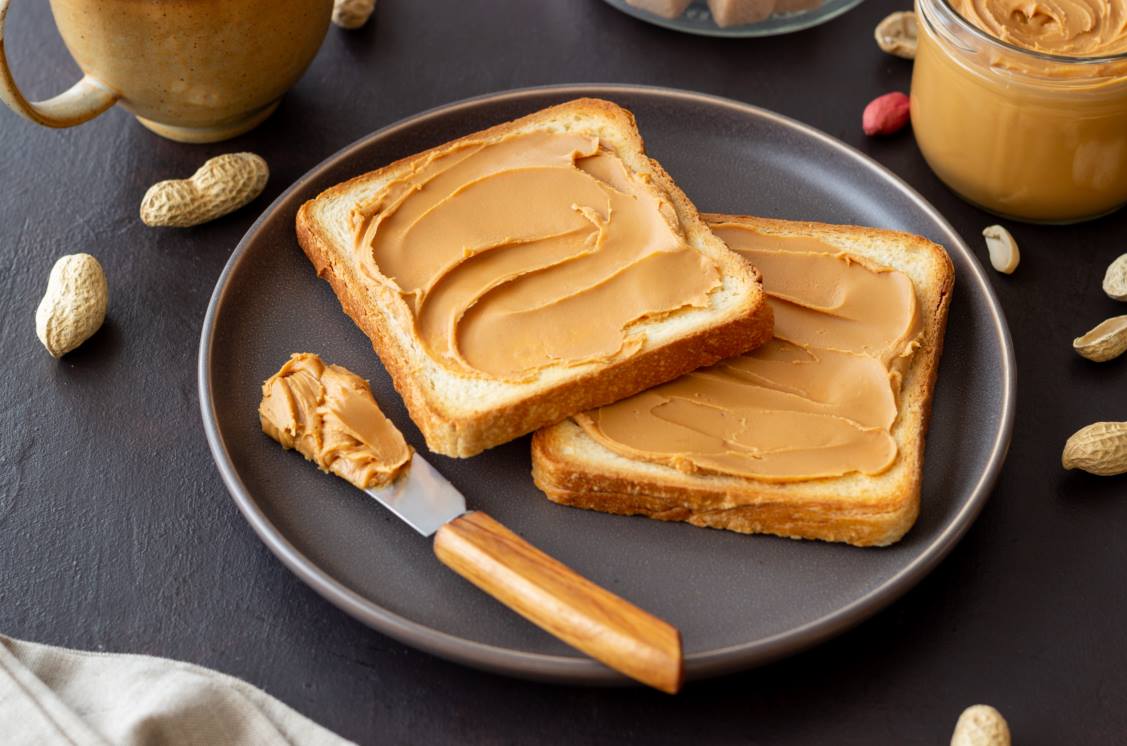
2. A Handful Of Pistachios
A 2017 study shows that pistachios are higher in melatonin than any other nut. Melatonin is a hormone whose release in your body signals that it is time to sleep. Therefore, taking a few pistachios before bed can help you fall asleep faster.
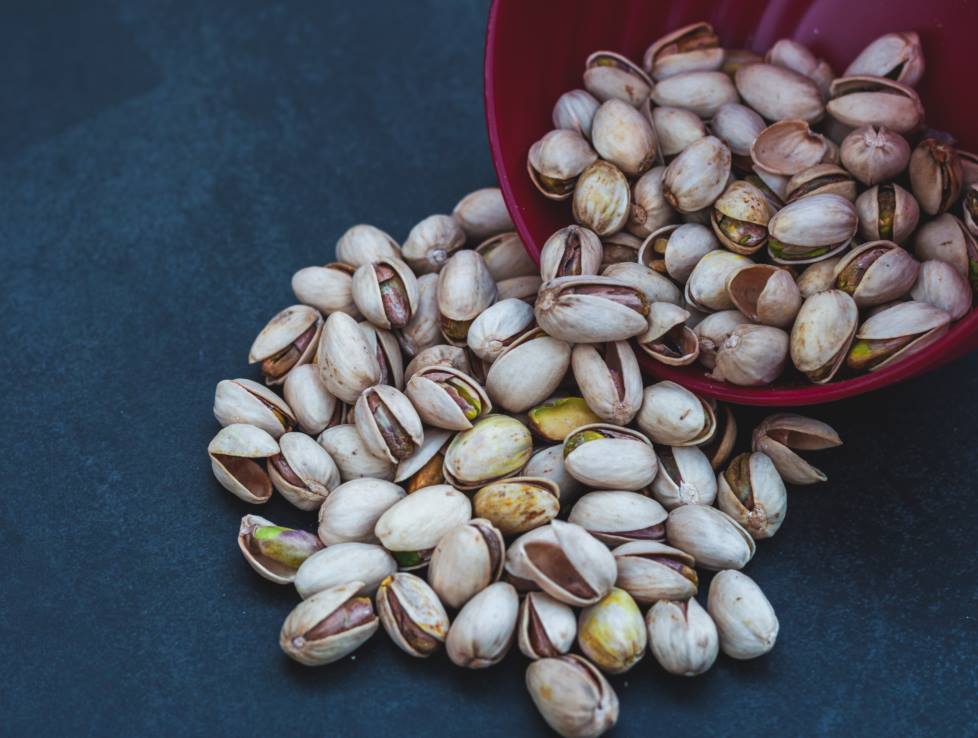
3. Avocado Toast
With its filling and potentially sleep-inducing properties, avocado toast is the perfect bedtime snack. Avocados contain high levels of potassium and magnesium, which have an essential role in promoting good nighttime rest. According to a 2018 study, decreased levels of potassium can lead to sleep disturbances.
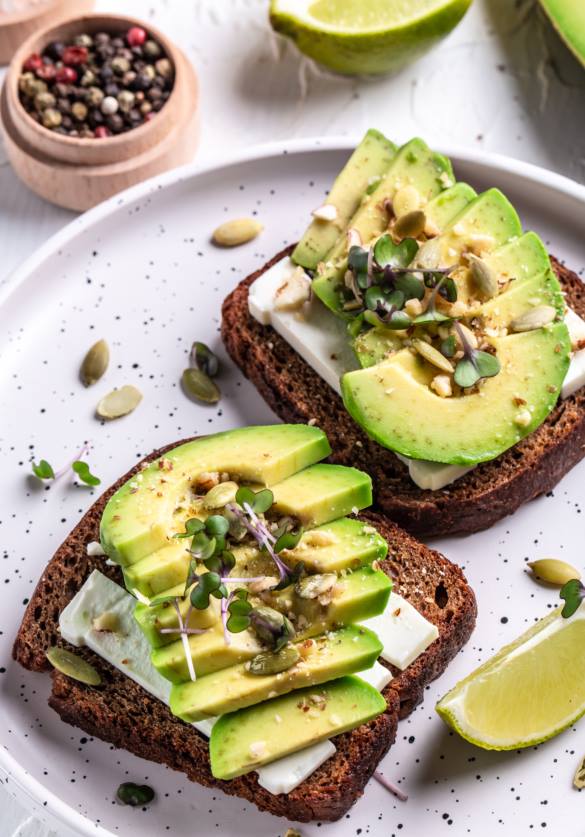
4. Oatmeal
Whether you take it hot or cold, oatmeal can help you fall asleep faster and keep you full during the night hours. Oats contain the sleep hormone (melatonin) and magnesium, which makes them a great nighttime snack option.

5. Fresh Fruit
It is a well-known fact that fruits are the healthiest snacks, but certain fruits are particularly beneficial for your sleep quality. For instance, a 2013 study found that oranges, bananas, and pineapples can increase the production of melatonin around two hours after consumption. Furthermore, according to a 2011 study, kiwi can help adults get better nighttime sleep.
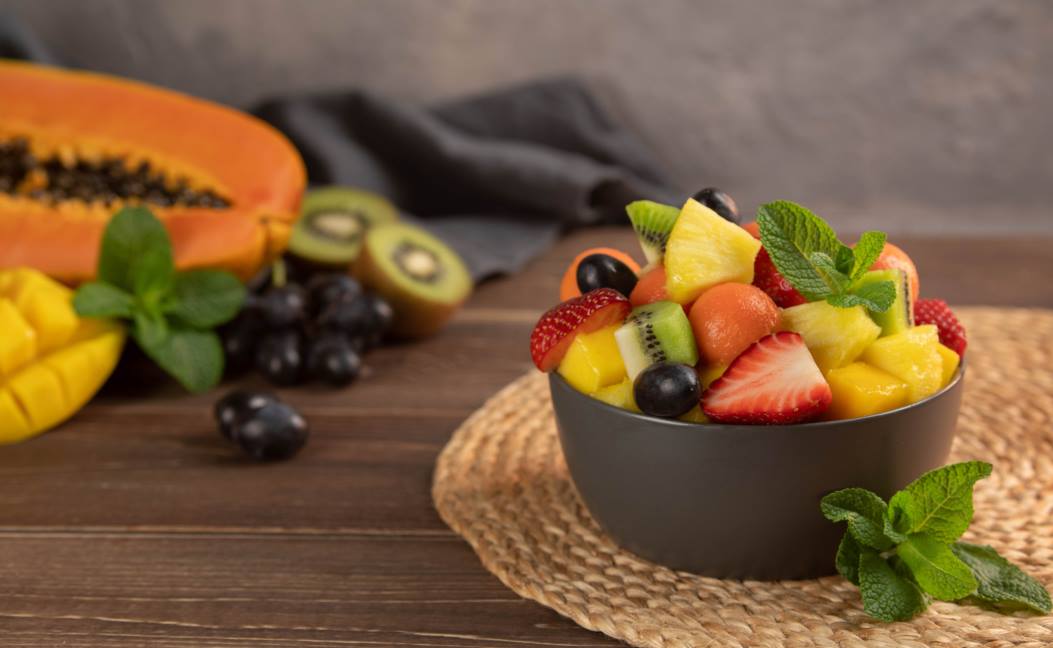
What Is The Best Snack Before Bed?
Ideally, you shouldn’t eat anything later than two to three hours before your bedtime. If you often get late evening or night cravings and need a snack to conk out, this may be a sign that you don’t eat enough throughout the day.
Nevertheless, if you need to take a quick snack shortly before bed, it is important to choose light, nutrient-dense, and low-calorie foods. A food can serve as a good bedtime snack if it contains nutrients with relaxing properties that can help you fall asleep quickly.
Putting up your feet and feasting on some ice cream or popcorn is one of the most pleasurable ways to end a long day. Taking a tasty snack before bed once in a while is fine, but you should avoid consuming sweet or salty foods in the late evening hours. This habit can increase your risk of gaining weight, obesity, and cardiovascular or metabolic diseases.
What Should I Eat At Night To Help Me Sleep?
The foods mentioned above in this article can help you fall asleep quickly and promote quality sleep. In some cases, specific research studies prove the beneficial effects of certain types of food on your sleeping schedule. Other snacks are simply associated with more balanced sleep due to their nutritional components.
For example, foods like milk, nuts, rice, cherries, and kiwi contain nutrients essential to sleep, which is how they help us relax and doze off quickly.
Conclusion
Taking quality snacks before bed increases your energy levels and promotes weight loss, lower blood sugar levels, and better cardiovascular health. If you want to make significant changes to your diet, it is wise to ask a dietician or doctor for professional advice.









